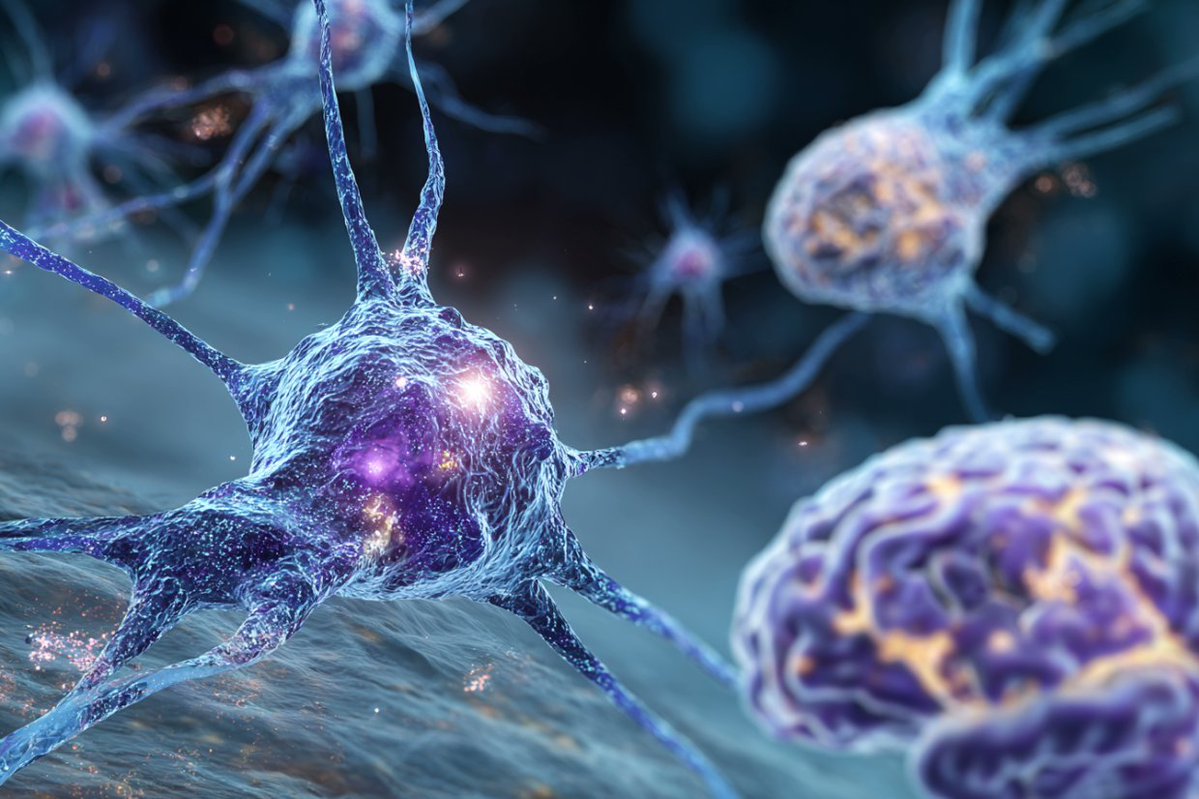[GUEST ACCESS MODE: Data is scrambled or limited to provide examples. Make requests using your API key to unlock full data. Check https://lunarcrush.ai/auth for authentication information.]  Neuroscience News [@NeuroscienceNew](/creator/twitter/NeuroscienceNew) on x 504.5K followers Created: 2025-07-25 19:13:30 UTC Microglia May Hold Key to Slowing Alzheimer’s Progression In Alzheimer’s disease, toxic proteins like amyloid beta form clumps called plaques, which damage the brain. However, some people’s immune cells—called microglia—are better at clearing these plaques. Researchers have now identified a receptor, ADGRG1, that allows microglia to effectively recognize and digest amyloid beta. In mice lacking this receptor, plaques rapidly built up, causing brain damage and memory problems. When scientists examined human brain tissue, they found that people with mild Alzheimer’s had more ADGRG1 in their microglia, while those with severe forms had much less. This receptor could be a promising target for future Alzheimer’s therapies.  XXXXXX engagements  **Related Topics** [beta](/topic/beta) [Post Link](https://x.com/NeuroscienceNew/status/1948823943621599311)
[GUEST ACCESS MODE: Data is scrambled or limited to provide examples. Make requests using your API key to unlock full data. Check https://lunarcrush.ai/auth for authentication information.]
 Neuroscience News @NeuroscienceNew on x 504.5K followers
Created: 2025-07-25 19:13:30 UTC
Neuroscience News @NeuroscienceNew on x 504.5K followers
Created: 2025-07-25 19:13:30 UTC
Microglia May Hold Key to Slowing Alzheimer’s Progression
In Alzheimer’s disease, toxic proteins like amyloid beta form clumps called plaques, which damage the brain. However, some people’s immune cells—called microglia—are better at clearing these plaques.
Researchers have now identified a receptor, ADGRG1, that allows microglia to effectively recognize and digest amyloid beta.
In mice lacking this receptor, plaques rapidly built up, causing brain damage and memory problems.
When scientists examined human brain tissue, they found that people with mild Alzheimer’s had more ADGRG1 in their microglia, while those with severe forms had much less.
This receptor could be a promising target for future Alzheimer’s therapies.

XXXXXX engagements
Related Topics beta